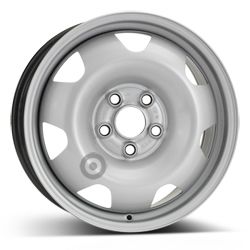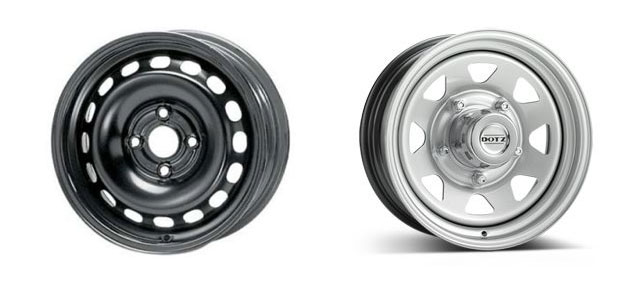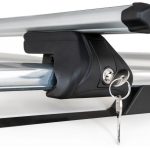Many drivers these days tend to spend a lot of money buying alloy wheels for their vehicles. Whether it was because of their looks or due to technical reasons, alloy wheels have long been a popular option among drivers. However, steel wheels remain to be more in demand among car owners up to this day and age.
Steel and alloy wheels are among the two most common types of car wheels. There are still many other types such as carbon fiber although those are somewhat rare. The primary difference between steel and alloy wheels lie in terms of their appearance, durability, and strength.

Many older car models and brand new cars on the lower price range come standard with steel wheels. Steel is the preferred type of metal for most car parts since this is cheap, not to mention that this is also easy to make into different shapes. This is why steel has always been the metal of choice used for wheels. However, there is an increasing number of cars that are equipped with alloy wheels that are lighter and stronger compared to steel. Alloy wheels also do wonders when it comes to improving a car’s overall appearance.
Table of Contents:
Benefits of Alloy Wheels
As their name implies, alloy wheels are made from an alloy of light metals, specifically magnesium, nickel, aluminum or a combination of the said metals. Alloy wheels offer an edge in terms of performance as compared to wheels made from steel since these are usually several pounds lighter for each wheel.
Lesser weight will result to faster stopping and quicker acceleration. Lesser weight will also mean lesser strain on the suspension components. During extreme driving conditions, these alloy wheels can also disperse heat away faster from the brake components as compared to steel counterparts.
Advantages of Steel Wheels
For starters, alloy wheels, especially forged aluminum alloys, are much pricier as compared to wheels made from steel. This is primarily because of their differences when it comes to production techniques.

Wheels made from steel are also easier to repair unlike alloy because steel can be hammered back into its proper place when it is bent. Alloy wheels, on the other hand, have the tendency to crack or break more easily when put under impact as compared to their steel counterparts.
The Cosmetic Differences
For most drivers, visual differences are the main factors that help them decide whether to buy steel or alloy wheels. Wheels made from alloys are more favorable to the wheel’s complex styling itself and enhance the car’s overall appearance.
Having said all of these, which is a better option between steel and alloy wheels, then? Just keep in mind that this decision is not as simple as choosing between alloy or steel wheels. Instead, a buyer should weigh the benefits and drawbacks of these two types. After that, they need to consider their personal preferences and the needs of the vehicle in order to settle for the better option that will give them the kind of results they want.








